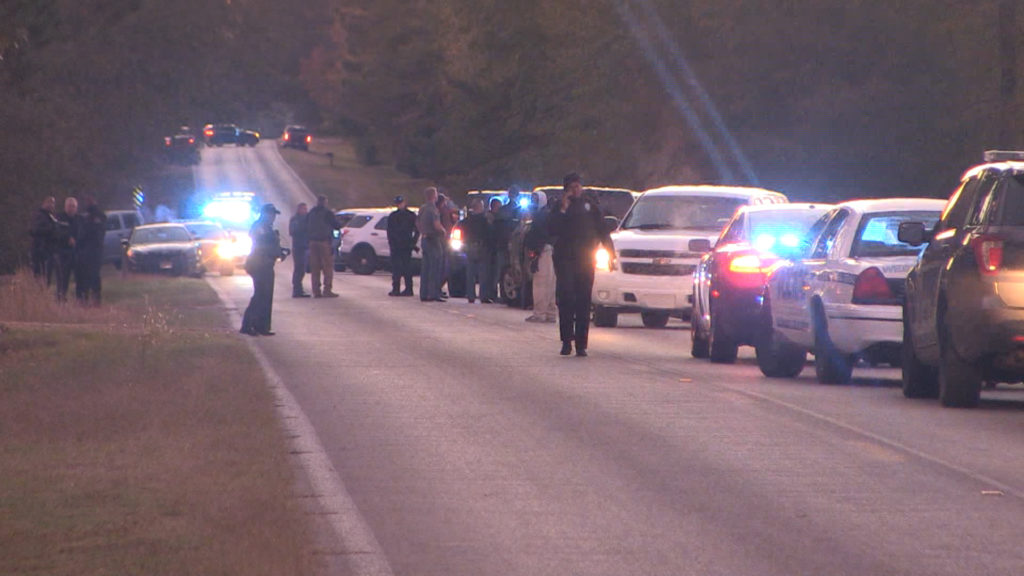COLUMBUS, Miss. (WCBI) – Tommy Gandy remains in the Clay County Detention Center on a $ 4 million bond after his second arrest over the past 8 years involving an armed standoff with law enforcement.
It’s a situation that 16th Circuit Court Judge Jim Kitchens says he has seen all too often in his nearly 30 years as part of the Mississippi’s criminal justice system.
“We’ve got people that quite frankly, are dangerous, that have been in the criminal justice system, that have been in the mental health system that are just roaming the streets,” he says.
He says that’s what happened on November 5th when Gandy went into his mother’s home with a gun and was arrested after a six-hour stand-off with law enforcement.
In 2013, SWAT teams had to use tear gas to bring in Gandy after he kidnapped his uncle and held him hostage with a shotgun.
“We’ve got somebody who we know is violent and has committed violent acts,” Judge Kitchens says. “We know that the state hospital in Whitfield has indicated that they can’t be tried, and we have no good place to (put) them.”
Judge Kitchens says the Mississippi State Hospital only has 12 staffed beds at the moment and jails are not equipped for long-term stays, as illustrated by an arraignment he remembers from a few years back.
“It was an ordeal,” he says. “They had to put 10 people in there with shields and stuff to take him out of the cell.”
Judge Kitchens says there are times when the Golden Triangle criminal docket alone has 12 to 13 people needing those services.
“The jail is not a place for the mentally ill,” says Mary Stacy, a crisis intervention therapist for the LifeCore Health Center. “And that’s used often because there’s no other alternative.”
And they also cannot provide the necessary mental health treatment.
“When I got there to arraign (a suspect), he stood in a cell and he was totally naked,” Judge Kitchens says. “Except for he had taken his Bible and he had torn pages off of his Bible and stuck them to various parts of his body.”
The judge says these individuals are often released to family members, only to eventually fall off their medication, endangering others and themselves.
“Folks who were mentally ill attacked police officers and it got bad quickly,” Judge Kitchens said, referencing two incidents from 10 years ago that ended with two people with mental illnesses losing their lives. “There were two officers that had to use their firearms.”
While local mental health centers like Community Counseling Services and LifeCore help, Kitchens says the only real solution is for the state to invest time and money into mental hospitals with staff and space to provide regular treatment.
“You put a band-aid on it for a short period of time and they’re back out,” he says. “And then you get the same kind of behavior again. Somebody is going to end up getting killed. It’s happened. We’ve seen it. “

